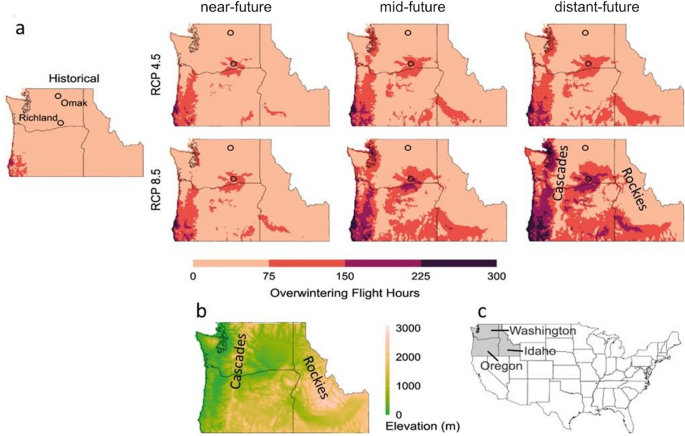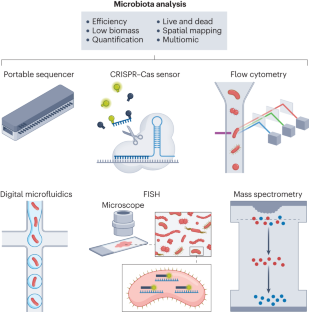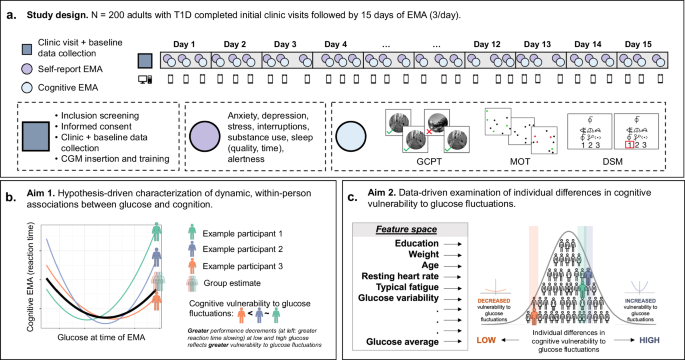2024-03-25 ワシントン州立大学(WSU)
<関連情報>
- https://news.wsu.edu/press-release/2024/03/25/honey-bees-at-risk-for-colony-collapse-from-longer-warmer-fall-seasons/
- https://www.nature.com/articles/s41598-024-55327-8
ミツバチの越冬生存率が低下し、受粉サービスに潜在的なリスクが生じる可能性 Warmer autumns and winters could reduce honey bee overwintering survival with potential risks for pollination services
Kirti Rajagopalan,Gloria DeGrandi-Hoffman,Matthew Pruett,Vincent P. Jones,Vanessa Corby-Harris,Julien Pireaud,Robert Curry,Brandon Hopkins & Tobin D. Northfield
Scientific Reports Published:25 March 2024
DOI:https://doi.org/10.1038/s41598-024-55327-8

Abstract
Honey bees and other pollinators are critical for food production and nutritional security but face multiple survival challenges. The effect of climate change on honey bee colony losses is only recently being explored. While correlations between higher winter temperatures and greater colony losses have been noted, the impacts of warmer autumn and winter temperatures on colony population dynamics and age structure as an underlying cause of reduced colony survival have not been examined. Focusing on the Pacific Northwest US, our objectives were to (a) quantify the effect of warmer autumns and winters on honey bee foraging activity, the age structure of the overwintering cluster, and spring colony losses, and (b) evaluate indoor cold storage as a management strategy to mitigate the negative impacts of climate change. We perform simulations using the VARROAPOP population dynamics model driven by future climate projections to address these objectives. Results indicate that expanding geographic areas will have warmer autumns and winters extending honey bee flight times. Our simulations support the hypothesis that late-season flight alters the overwintering colony age structure, skews the population towards older bees, and leads to greater risks of colony failure in the spring. Management intervention by moving colonies to cold storage facilities for overwintering has the potential to reduce honey bee colony losses. However, critical gaps remain in how to optimize winter management strategies to improve the survival of overwintering colonies in different locations and conditions. It is imperative that we bridge the gaps to sustain honey bees and the beekeeping industry and ensure food and nutritional security.


